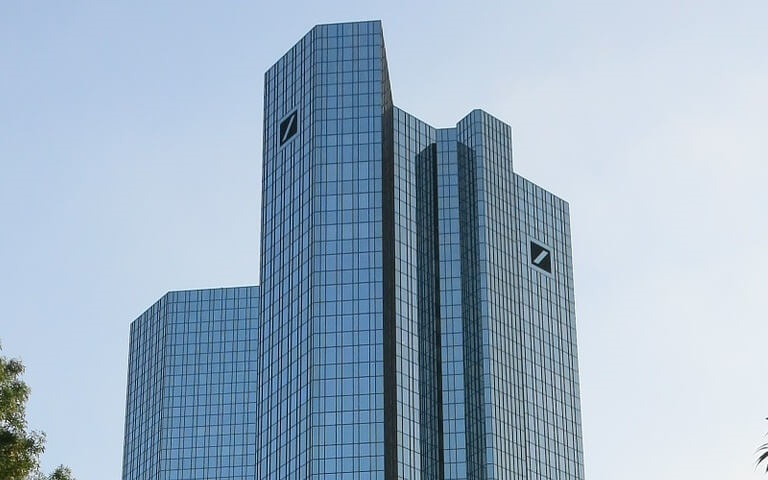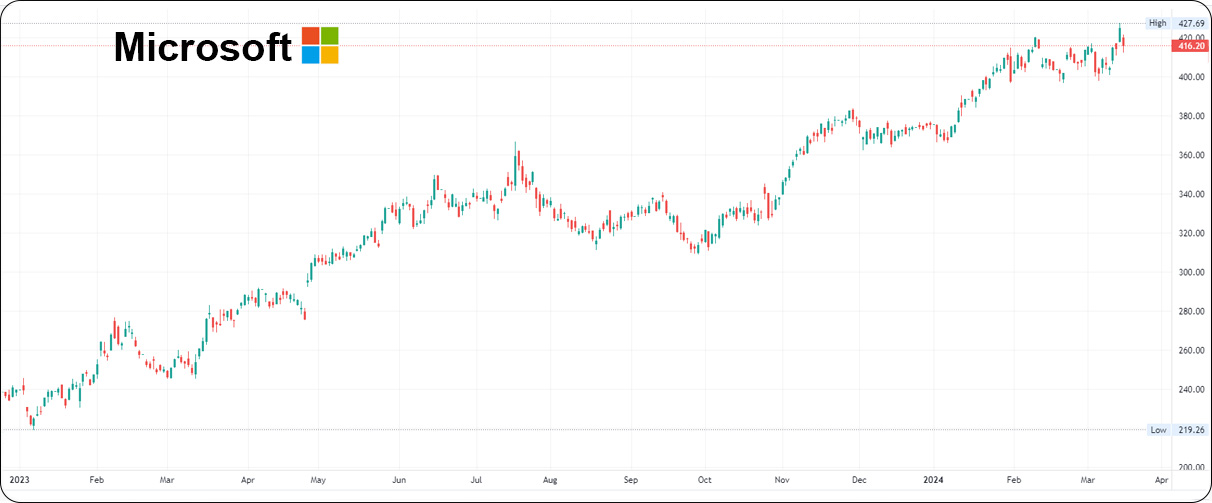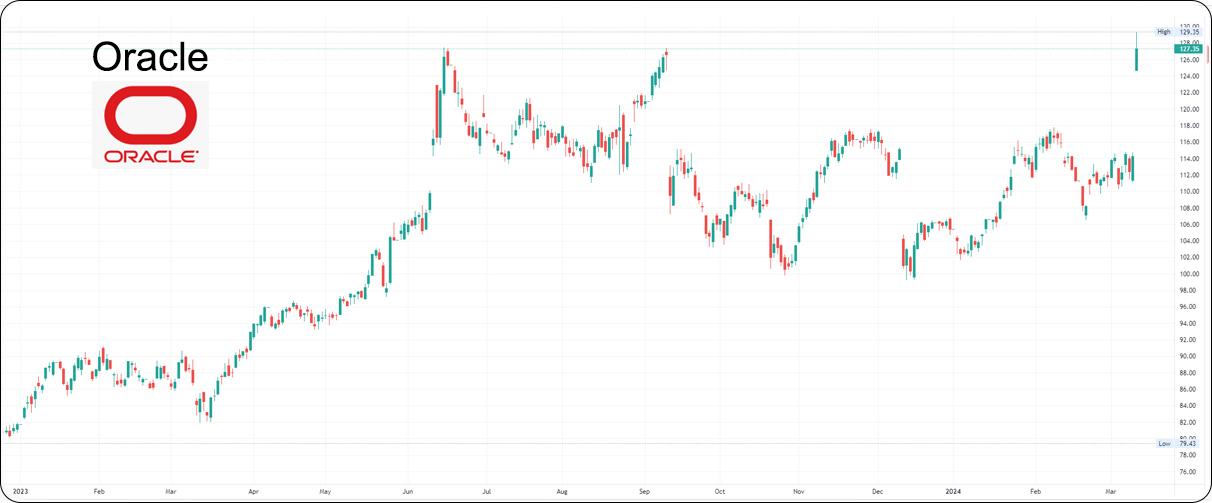
Asian markets fell on Friday following overnight losses on Wall Street as stronger than expected inflation data dashed investor hopes for interest rates to begin easing sooner rather than later. The U.S. producer price index showed inflation is still running hotter than expected, meaning the Federal Reserve may hold off beyond its June meeting before cutting interest rates. With inflation looking stickier than hoped for it looks like the Fed will need to keep higher rates if they want to meet their 2% inflation goal.
Japan’s Nikkei saw a 0.3% pullback following the data, while the Yen retreated against the U.S. dollar. Shares of Softbank Group added 0.5%, while Sony shares edged higher by 0.1%. Among the major exporters Toyota gained 1.3%, Panasonic shares rose by 1.2%, and Canon tacked on 0.2%.
In Australia the S&P/ASX 200 finished the day 0.6% lower, with the big four banks mixed on the day. Shares of NAB climbed 0.9% higher and ANZ inched up by less than 0.1%, but Commonwealth Bank fell by 0.6% and Westpac was 1.1% lower. The major miners weighed on the broader market as BHP lost 1.5% and Rio Tinto retreated by 1.9%.
Mainland Chinese markets bucked the falling trend around the region, with the benchmark Shanghai Composite adding 0.5% and the smaller cap Shenzhen Composite finishing 0.6% higher. Over in Hong Kong the Hang Seng took its cues from the broader Asian region, dropping by 1.4%.
In South Korea the Kospi fell by 1.9% to lead losses for the region, while Taiwan’s Taiex lost 1.3% on the day.
Southeast Asian markets were mixed as Malaysia’s KLCI advanced by 0.6%, while Singapore’s Straits Times Index finished 0.4% lower.






